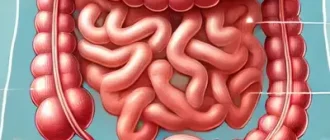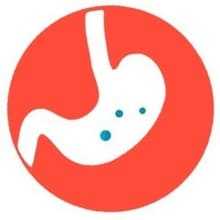Many people choose to have coffee before eating anything in order to start their day or increase their efficiency. Nevertheless, it is crucial to comprehend the advantages and disadvantages of this routine. While coffee can offer a momentary burst of energy and enhance cognitive alertness, there are certain hazards that should be taken into account.
There are potential risks associated with consuming coffee when one hasn’t eaten anything.
- Irritation can occur when the consumption of coffee with its high caffeine content triggers the increase in stomach acid production. This can potentially cause discomfort such as heartburn, acid reflux, or gastrointestinal issues in individuals with a sensitive digestive system.
- Dehydration: Coffee is a diuretic, meaning it increases urine production and can contribute to dehydration if consumed in excess. When consumed on an empty stomach, the diuretic effect of coffee can be more pronounced, potentially leading to a decrease in hydration levels.
- Blood sugar fluctuations: Caffeine can affect blood sugar levels by causing a temporary spike in insulin production, followed by a rapid decrease. This can result in feelings of hunger, shakiness, or fatigue, particularly for individuals with diabetes or those prone to hypoglycemia.
- Nutrient absorption interference: Consuming coffee on an empty stomach can hinder the absorption of essential nutrients, such as iron and calcium. Coffee contains compounds called tannins that can bind to these nutrients and reduce their availability for the body to absorb.
Recommendations for drinking coffee on an empty stomach:
- Moderation: Limiting the consumption of coffee and finding a balance that works for your body is crucial. Start with smaller servings, observe how your body reacts, and adjust accordingly.
- Timing: It may be beneficial to have a small meal or snack before drinking coffee to provide some buffer for your stomach. This can help reduce the likelihood of irritation or discomfort.
- Hydration: Ensure you are drinking enough water alongside your coffee to counterbalance its diuretic effects and maintain proper hydration levels.
- Nutrient-rich diet: If you regularly consume coffee on an empty stomach, make sure to incorporate a balanced diet that provides adequate nutrients to compensate for any potential absorption interference.
In summary, drinking coffee on an empty stomach can have both beneficial and adverse effects. It is essential to be mindful of your individual tolerance and listen to your body’s signals. By practicing moderation, timing your consumption, staying hydrated, and maintaining a nutrient-rich diet, you can help mitigate the potential dangers associated with this habit.
About the Author
Reyus Mammadli is the author of this health blog since 2008. With a background in medical and biotechnical devices, he has over 15 years of experience working with medical literature and expert guidelines from WHO, CDC, Mayo Clinic, and others. His goal is to present clear, accurate health information for everyday readers — not as a substitute for medical advice.







